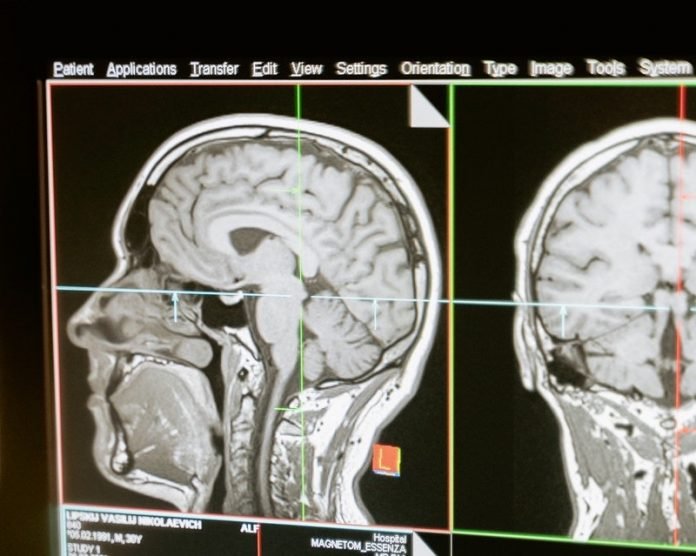
In a new study, researchers found that people who experienced head injuries in their 50s or younger score lower than expected on cognitive tests at age 70.
They found head injuries did not appear to contribute to brain damage characteristic of Alzheimer’s disease, but might make people more vulnerable to dementia symptoms.
The research was led by UCL scientists.
In the study, the team tested 502 participants of the UK’s longest-running cohort study, which has been following participants since their birth in the same week in 1946.
At age 53, they were asked ‘Have you ever been knocked unconscious?’ to assess whether they had ever suffered a substantial head injury; 21% of their sample had answered yes to this question.
And then around age 70 (69-71), the study participants underwent brain scans (PET/MRI), and they took a suite of cognitive tests.
The researchers found that 70-year-olds who had experienced a serious head injury more than 15 years earlier performed slightly worse than expected on cognitive tests for attention and quick thinking.
They also had smaller brain volumes (by 1%) and differences in brain microstructural integrity, in line with evidence from previous studies, which may explain the subtle cognitive differences.
The team says head injuries can make the brain more vulnerable to the normal effects of aging.
They did not found evidence that a head injury would cause dementia, but it could exacerbate or accelerate some dementia symptoms.
The researchers did not have data on the frequency, severity or cause of the head injuries, to see if long-term impacts might have been even greater for certain people.
The academics are continuing their research with this cohort to see if neurodegeneration or cognitive decline continues in late life among those with past head injuries.
One author of the study is Dr. Sarah-Naomi James.
The study is published in the Annals of Clinical and Translational Neurology.
Copyright © 2021 Knowridge Science Report. All rights reserved.



